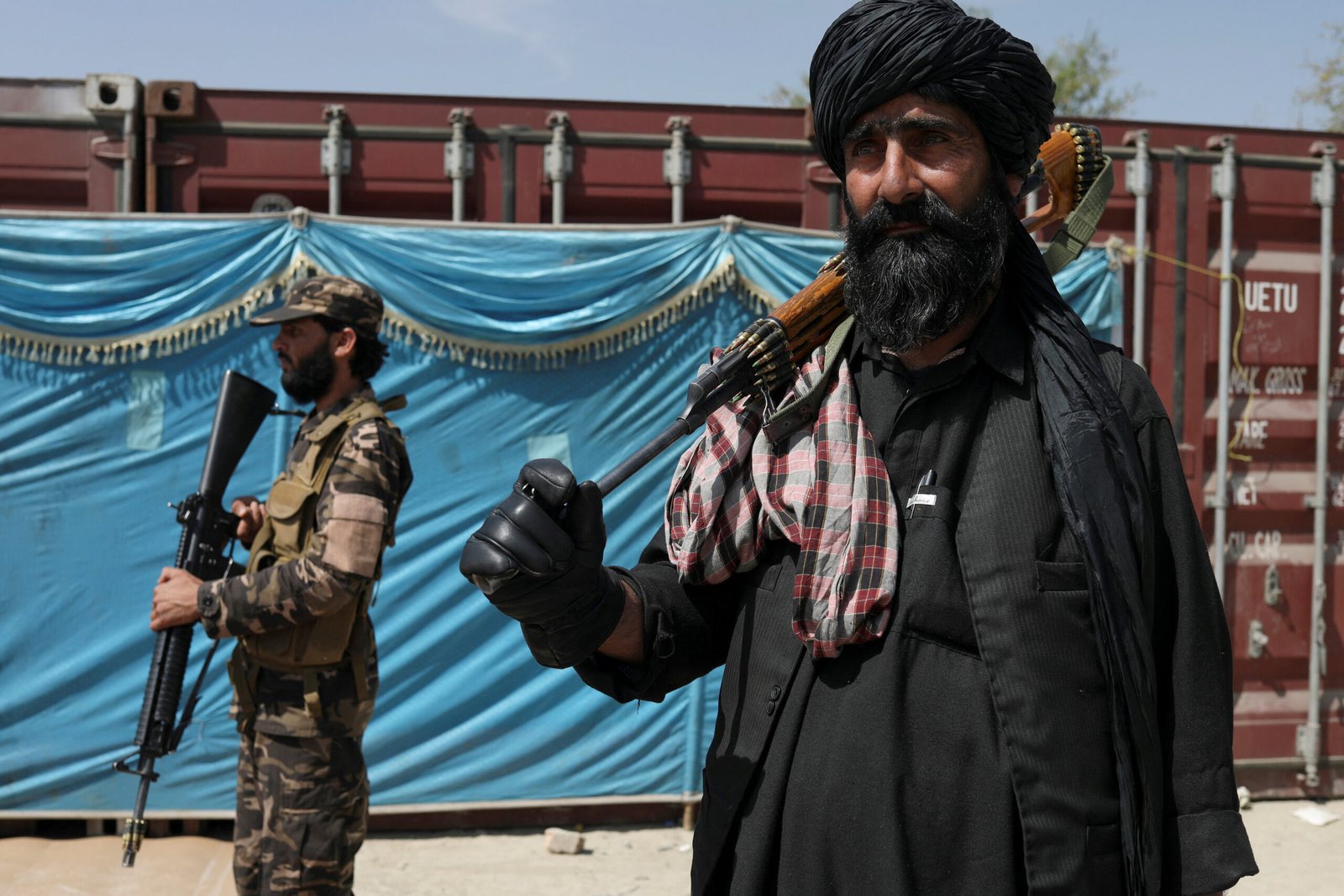The Taliban are planning to establish a large-scale camera surveillance network in Afghan cities, potentially utilizing a plan developed by the United States before their withdrawal in 2021, according to an interior ministry spokesman. This initiative aims to supplement the existing thousands of cameras in Kabul. The Taliban administration has also engaged in discussions with Huawei, a Chinese telecoms equipment maker, regarding potential cooperation.
The prevention of attacks by international militant groups, including Islamic State, is a central focus of the Taliban’s interactions with foreign nations such as the U.S. and China. However, some analysts question the regime’s ability to fund the program due to financial constraints, and human rights groups express concerns that the resources may be used to suppress protesters.
The details of how the Taliban plan to expand and manage mass surveillance, including obtaining the U.S. plan, have not been previously reported.
The mass camera rollout, which will prioritize “important points” in Kabul and other areas, is part of a new security strategy that will take four years to fully implement, according to Abdul Mateen Qani, the Ministry of Interior spokesman.
Qani mentioned that they are currently working on a Kabul security map, which is being developed by security experts and is time-consuming. He also mentioned that there are two existing maps, one created by the U.S. for the previous government and another by Turkey. However, he did not provide information about when the Turkish plan was made.
The U.S. State Department clarified that they are not partnering with the Taliban and have emphasized to the Taliban the importance of not providing safe haven to terrorists. A request for comment from the Turkish government spokesperson went unanswered.
Qani stated that the Taliban had a preliminary discussion with Huawei in August regarding the potential network, but no contracts or firm plans have been established. Bloomberg News previously reported that Huawei had reached a “verbal agreement” with the Taliban for a surveillance system installation, but Huawei denied any plan discussions during the meeting. The Chinese Foreign Ministry expressed support for the peace and reconstruction process in Afghanistan and the practical cooperation of Chinese enterprises.
The article then highlights concerns about electricity cuts and potential human rights violations. Kabul and other cities currently have over 62,000 cameras monitored from a central control room, but the last major update to the camera system occurred in 2008. Former vice president Amrullah Saleh had planned a significant upgrade to Kabul’s camera surveillance system in early 2021, which was supported by the NATO coalition. However, Saleh stated that the infrastructure for the 2021 plan was destroyed.
It remains unclear if the plan referenced by Saleh is similar to the ones obtained by the Taliban or if modifications will be made. Experts suggest that a surveillance system would be beneficial for the Taliban in preventing attacks by groups like Islamic State. The Taliban already closely monitor urban centers through security force vehicles and checkpoints. However, there are concerns that enhanced surveillance may target civil society members and protesters. The Taliban has been accused of detaining journalists and forcefully breaking up protests.
Amnesty International’s Matt Mahmoudi argues that implementing a mass surveillance system under the guise of national security could enable the Taliban to continue violating fundamental rights. The Taliban denies that an upgraded surveillance system would infringe on the rights of Afghans, stating that it would operate in line with Islamic Sharia law, which prohibits recording in private spaces.
Practical challenges are anticipated for the plan, including intermittent power cuts and the need for funding. Afghanistan’s electricity supply is unreliable, and only 40% of the population has access to electricity. Additionally, the Taliban must secure funding following the economic contraction and reduced aid after their takeover. The Taliban administration claims to have an annual budget of over $2 billion, with defense spending as the largest component.
The article then discusses the risks posed by militancy. China, Pakistan, and the Taliban’s acting foreign minister held discussions on counter-terrorism, emphasizing cooperation. The U.S.-Taliban troop withdrawal deal in 2020 also prioritized tackling militancy. China has expressed concern over the East Turkestan Islamic Movement (ETIM) in its Xinjiang region, and it is believed that ETIM has a small number of fighters in Afghanistan. The Islamic State has also targeted foreigners in Afghanistan, including Chinese citizens and a Russian diplomat.
The Taliban denies that militancy poses a threat to their rule and asserts that Afghan soil will not be used to launch attacks elsewhere. They have announced raids on Islamic State cells in Kabul. However, a July U.N. monitoring report estimates that there are up to 6,000 Islamic State fighters and their family members in Afghanistan. Analysts argue that urban surveillance alone will not fully address their presence, as the main base of Islamic State fighters is in the eastern mountainous areas.
The article concludes by mentioning the reporters who contributed to the report and the adherence to Thomson RushHourDaily Trust Principles.
























